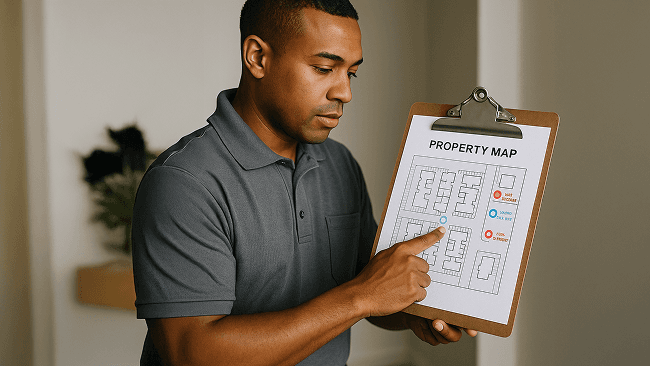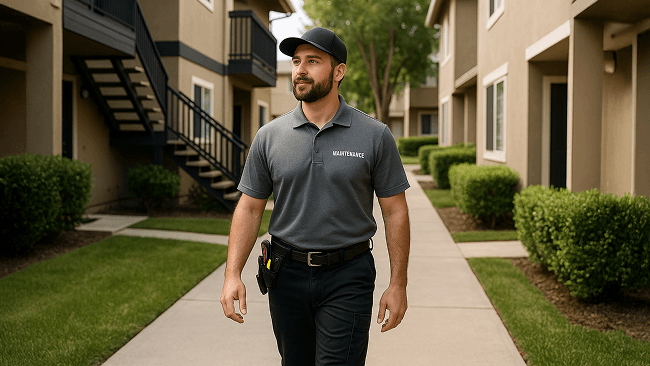Patience
All right. Let's talk patience for a second. We are all in a rush. We are all trying to complete the work order to get to the next work order to get to the next work order, or we're trying to complete what we can so that we can go to lunch or that we can go home at the end of the day. But learn patience.
Learn how to take your time when diagnosing, um, work orders. Uh, not all of them are gonna be as simple as changing a light bulb or replacing batteries. Uh, you know, some of them are gonna have to, or, or some of them will take, uh, some, some diagnosing skills, some actual maintenance and repair skills. Learn patience.
Uh, I can't remember where, I can't remember who said it, but at one point in time somebody said to me, if you don't have time to do it right, when will you have time to do it again? And that has stuck with me, uh, for a very long time. Uh, in fact, now it's part of every class, every seminar, every training I ever do.
Uh, that is, uh, a key thing that I continue to preach. So learn patience, uh, learn to take your time to diagnose things that aren't so simple, because taking your time now, I. To diagnose the problem or to diagnose the situation, the problem correctly means you can fix it correctly and you're not just putting a bandaid on it for somebody else to come back to later or upsetting the resident because now you're back in their home again to look at the same thing that somebody else has come to fix.
So learn. Patience, uh, purposeful, like, that's a word I use a lot. Um, I, there's no better way to say it. Like, be purposeful. If you're going to take the time to enter someone's home, take the time to enter their home so that you are doing a permanent fix so you don't have to come back.




